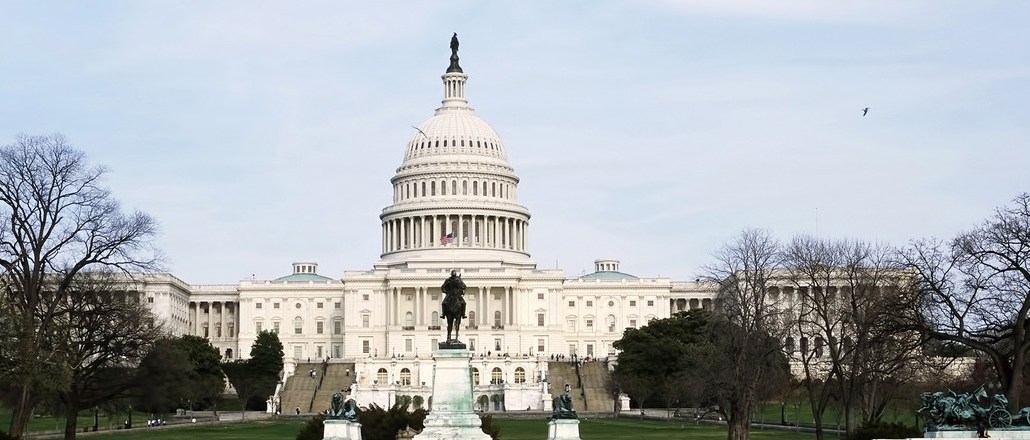
Financial services companies have been buzzing with equal parts fear and excitement about Donald Trump’s plans to unravel the financial reforms put in place after the 2008 financial meltdown.
As expected, Trump signed an executive order two weeks into his presidency to begin undoing the Dodd-Frank Act, a 2,000-page policy so overbearing to many legacy banks that it’s been blamed for the decline of community banks and business lending.
While banks eagerly await a rollback, its implications for fintech startups have been less certain. Loosening the rules should make banks better able to partner with fintech startups, but consumer protection and access to data could still be at risk. And there’s been buzz about the possibility scrapping the Consumer Financial Protection Bureau, which was created under Dodd-Frank, but Trump hasn’t made that order yet.
We asked attendees at the LendIt USA conference in New York to share their views and concerns with the current administration’s proposed regulatory reform — and whether it’ll be a friend or foe to the fintech industry.
Rob Frohwein, CEO, Kabbage
A change in Dodd-Frank will be a boon to the fintech industry. There are two major blockers for banks getting into this industry. One is regulatory. The other is technology. If you remove the regulatory challenges — or at least the perceptional regulatory challenges — you put them in a position to start thinking about product in the space. We are a provider of technologies. We would love to work with banks and provide them a better service and product for small businesses.
Leslie Smith, managing director, Silver Hill Funding
I don’t think it’ll impact the tech per se. It’ll impact how people use technology. Most of these companies do things automatically. There are no people in many processes. The biggest impact to this space would be that they do need people in order to check off the box that says they’re in compliance. People continue to innovate and create really awesome tools through technology. The regulations will drive whether they can do that without people.
Rohit Arora, CEO, Biz2Credit
There’s a lot of optimism among banks, especially the small- and mid-sized ones who have been most impacted by deregulation in the last eight years. 1. As banks get more aggressive, there will more opportunity for more bank-fintech partnerships. 2. With the proposed [Office of the Comptroller of the Currency] fintech charter, fintech companies can become limited-purpose banks without having to get a charter. It’s pretty positive, but the administration has to follow through. They say a lot of things, but we haven’t seen any action. They’ve raised expectations now.
Melissa Goldberg, senior innovation strategist, Commonwealth
We’re particularly concerned about consumer protection and making sure all the work that’s been done to protect consumers doesn’t get undone. When you think about our organization, that’s half of it. The other half is around promoting innovation because fintech for financially vulnerable consumers is a great opportunity to reach people outside the traditional banking sector. Right now, we’re trying to figure out the balance between the two that allows people to innovate and think in a new way that doesn’t go against rules there to protect the interest of consumers.
Lenore Kantor, president, Launch Warrior
It means uncertainty and unpredictability, which equals volatility. That will be good for trading but not so good for fintech startups or anyone looking to launch a new initiative. All businesses should be preparing multiple scenarios for how to adapt in a rapidly changing environment.
Colin Darke, general counsel and chief compliance officer, RocketLoans
Smart regulation is important for the industry. If that involves deregulation in the sense that there are overlapping regulations or regulations no longer applicable to the modern age, then that’s good. But you still need to balance it so you have responsible innovation — you always need to protect consumers. There’s definitely room where deregulation amounts to smart regulation that would help this industry. There are a lot of misconceptions and confusion in fintech.
More in Marketing

WTF are tokens?
When someone sends a prompt or receives a response, the system breaks language into small segments. These fragments are tokens.

AI is changing how retailers select tech partners
The quick rise of artificial intelligence-powered tools has reshaped retailers’ process of selecting technology partners for anything from marketing to supply chain to merchandising.

YouTube’s upmarket TV push still runs on mid-funnel DNA
YouTube is balancing wanting to be premium TV, the short-form powerhouse and a creator economy engine all at once.





